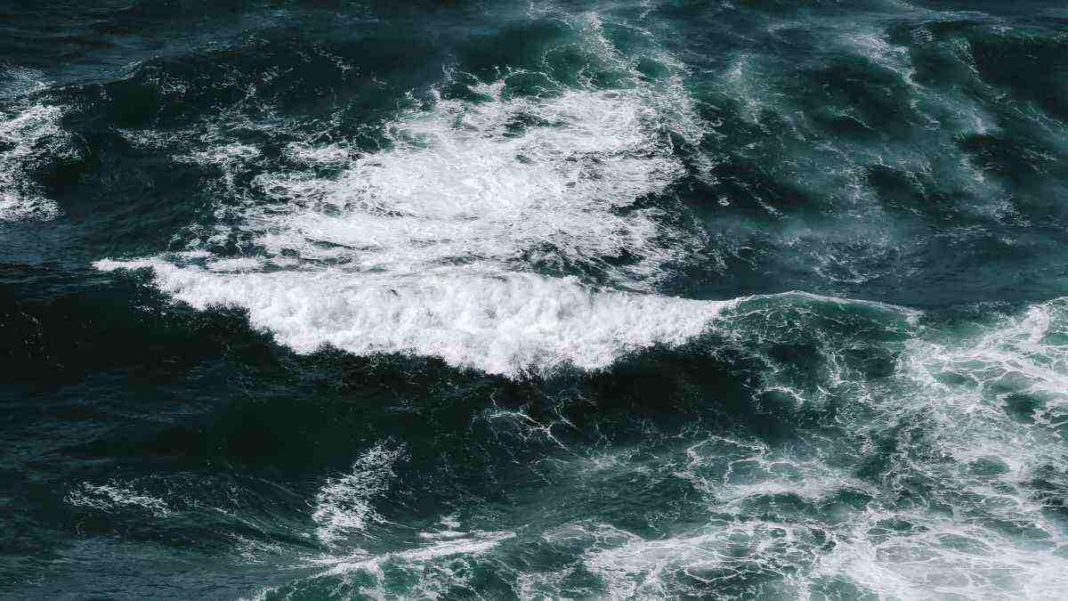SOUTH AFRICA: In a groundbreaking discovery, scientists have unearthed traces of the world’s oldest known glaciers, dating back a staggering 2.9 billion years, within rocks beneath South Africa’s abundant gold deposits.
These findings provide compelling evidence of ancient continental ice caps and shed light on a potential “snowball Earth” phase during which extreme cold weather gripped the planet.
The study, published in the esteemed journal Geochemical Perspectives Letters, showcases a meticulous analysis of oxygen isotope concentrations in ancient rocks, accompanied by tangible proof of glacial activity.
The American researchers, under the direction of Professor Ilya Bindeman from the University of Oregon, were shocked to discover exceptionally well-preserved glacial moraines close to South Africa’s gold fields. Moraines are the debris that glaciers leave behind as they gradually melt and contract, leaving a trail of evidence.
“This discovery is truly remarkable. These fossilized glacial moraines represent the oldest deposits of their kind ever found,” exclaimed Professor Bindeman.
The researchers also identified specific oxygen isotopes (16O, 17O, and 18O) within the rocks, which indicated frigid temperatures during their formation. The rocks exhibited notably low amounts of 18O and elevated levels of 17O, firmly supporting the notion that glaciers once covered the area.
This breakthrough implies that the Earth experienced a chilling period either due to its proximity to the poles or a global freeze during a “snowball Earth” epoch, a hypothesis previously proposed by scientists.
Professor Axel Hofmann from the University of Johannesburg, South Africa, expressed great interest in the findings, highlighting their scientific significance.
He stated, “The possibility of this area being closer to the poles in the past or the occurrence of a ‘snowball Earth’ period holds immense scientific intrigue. It might provide crucial insights into Earth’s ancient climate dynamics.”
Moreover, the scientists speculate that the emergence of these ancient glaciers could have played a role in the formation of South Africa’s colossal gold deposits.
The largest sedimentary gold reserves in the world, found in slightly younger rocks above the studied ones, could have benefitted from a transition from cold “icehouse” to warmer “greenhouse” conditions.
However, Prof. Hofmann emphasized that further research and investigation are required to fully substantiate this hypothesis.
The discovery of these ancient glaciers not only unravels the mysteries of our planet’s distant past but also carries implications for understanding past climate changes and their impact on Earth’s geological processes.
As scientists delve deeper into the secrets held within these glacial remnants, they strive to unveil the full extent of our planet’s climatic history and its implications for the future.
The astonishing find made by Professor Bindeman and his team serves as a testament to the remarkable resilience of Earth’s geological records, allowing us to glimpse into the icy world that existed billions of years ago.
The quest to uncover the secrets of our planet’s ancient past continues, with each new revelation bringing us closer to a more comprehensive understanding of Earth’s geological evolution.
Also Read: Aphelion: Exploring Earth’s Farthest Point from the Sun and Its Astronomical Significance



